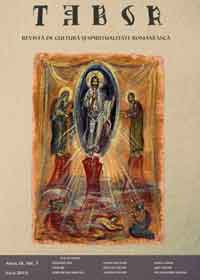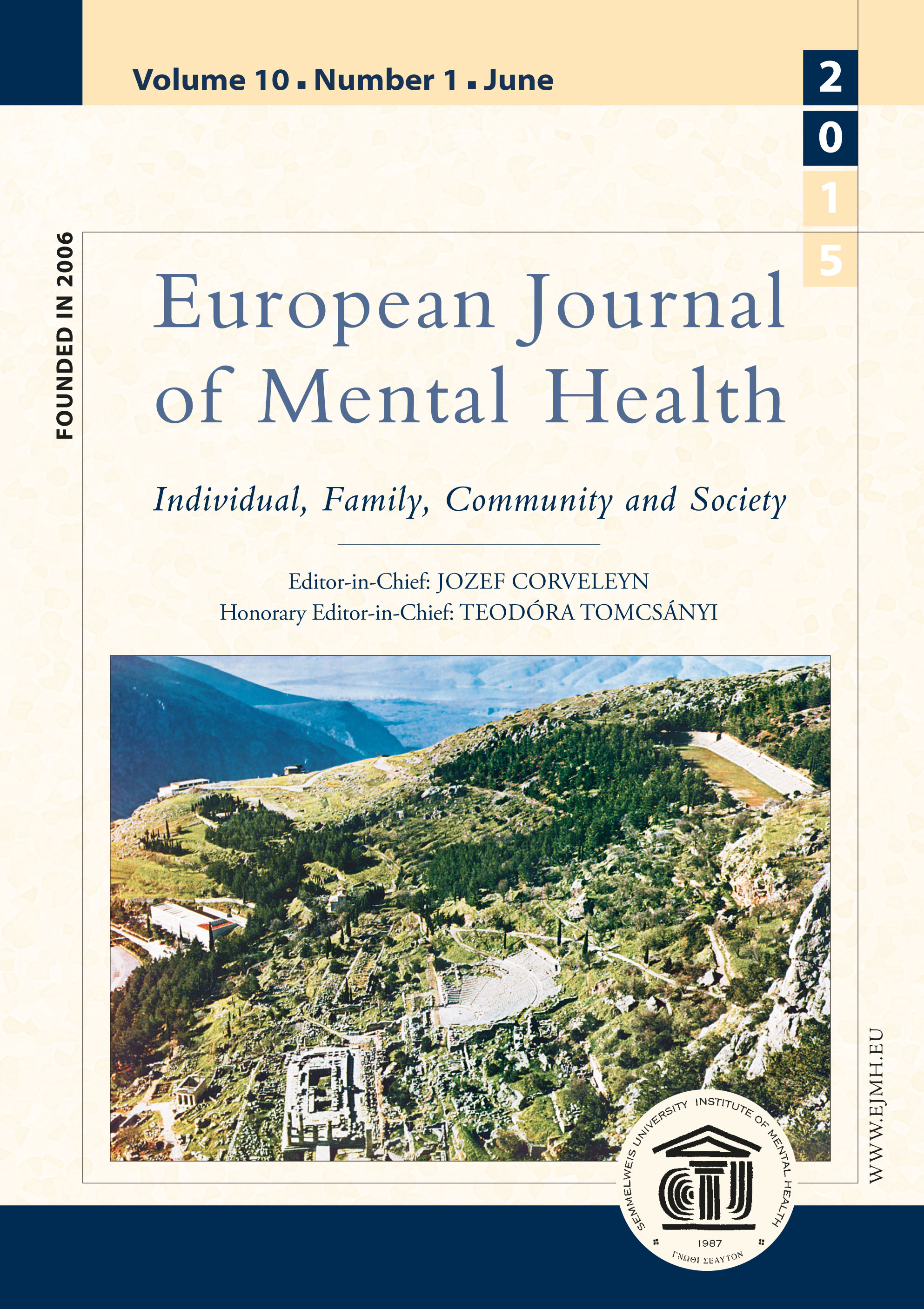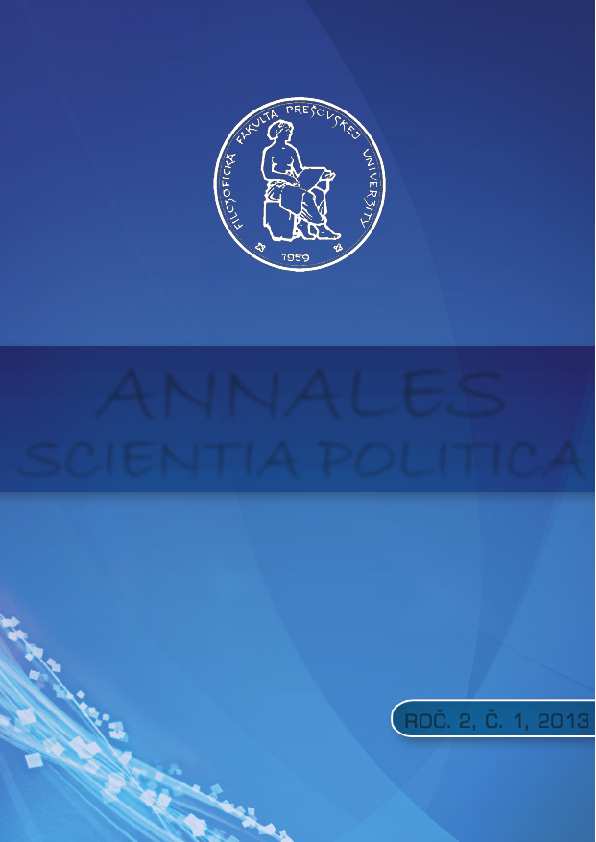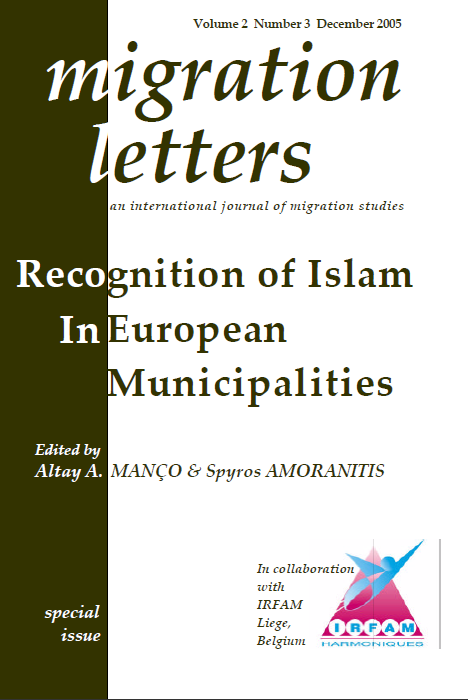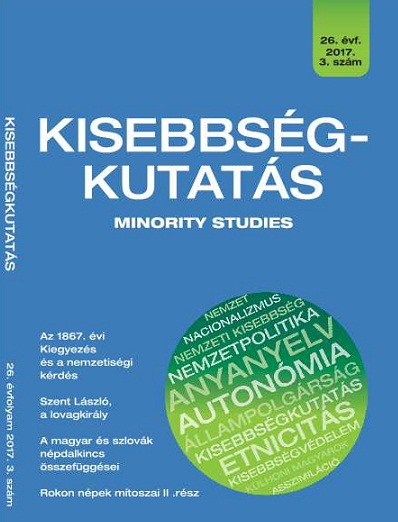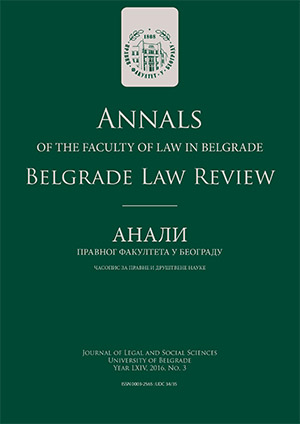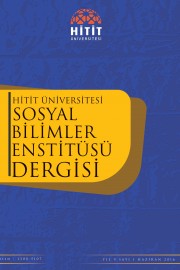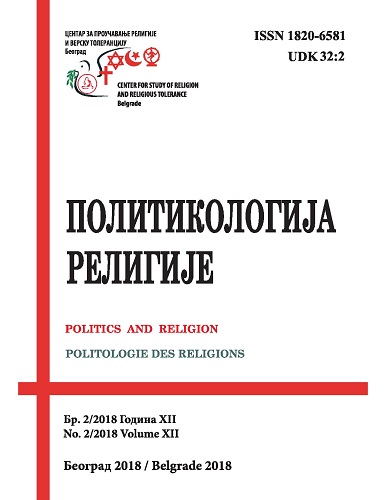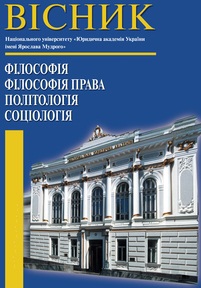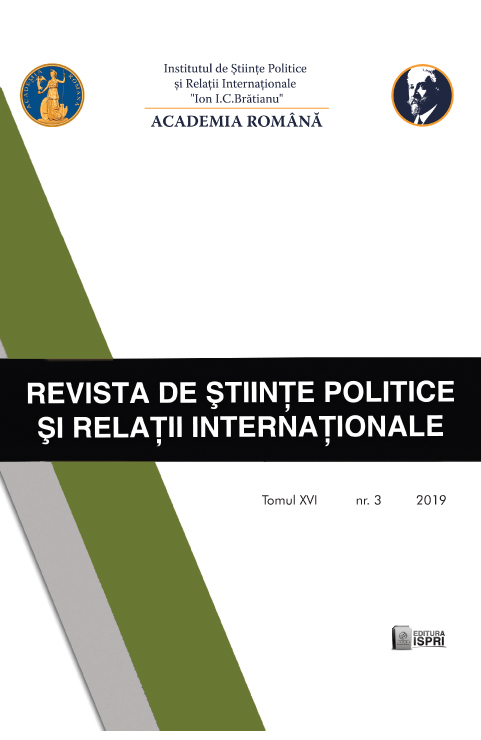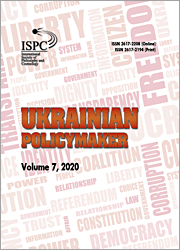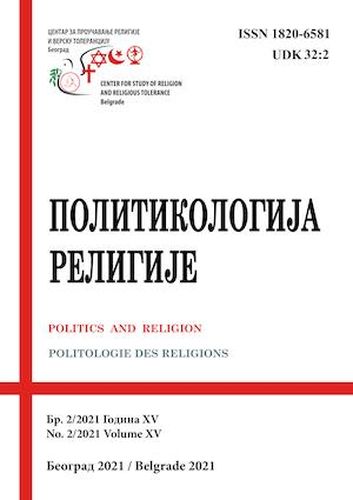Author(s): Volodymyr Trofimenko,Maya Volchkova / Language(s): Ukrainian
Issue: 3/2018
Problem setting. The society is a kind of rather complex, dynamically differentiated and social systems characterized by integrity, stability and ability of self-development, as well as the existence of special social norms and values that ensure its functioning. At the same time, the high importance for the regulation of social relations is played by law and religion, because particular these elements determine the normal state of functioning of society as a whole and a person in it. According to this, the special attention is paid to the issue of the relations between the law and the religion.After the Revolution of Dignity, our state is undergoing the process of national revival, a return to the implementation of the idea of ruining national, legal and ideological system, taking into account the traditional and religious origins of law. Thus, nowadays there are intensified efforts to determine the connection of law with religious norms, laws of spiri-tual development of society. This necessitates the need for comprehensive research, the characteristics of the relations between the church and the state, because the religious norms, through which the regulation of certain spheres of public life is carried out, have not become the subject of research by scholars in many areas: lawyers, sociologists, philosophers, etc. This study was especially relevant as a result of the conflict between the Ukrainian Orthodox churches of the Kyiv and Moscow Patriarchate, which gained much publicity in January 2018. That is why the problems of relationships between the church and the state are gaining the high importance.Recent research and publications analysis. Under the modern conditions, the problems of the relationship between the church and the state, in particular, its sociological, philosophical, moral and legal aspects, are the subject of a study by a number of scholars. Among them we can distinguish the following: O. M. Bandurka, D. O. Vovk, I. I. Dakhova,P. M. Rabinovich, I. V. Ryabko, G. L. Sergienko, Yu. I. Fisun, S. V. Shevchuk, L. V. Yarmol and others. Without diminishing the role and significance of these scholars’ achievements, we believe that the issue under study remains very relevant in nowadays’ conditions.The purpose of the article is to address the problematic sociological and philosophical and legal aspects of the relations between the church and the state.Paper main body. At the beginning of the article is emphasized that the state and religion are those institutions that have the same important influence on a person. But the relations between the church bears not a simple nature, therefore, the authors reveal the content of church-state relations. It should be mentioned that “the state-church relations” is a concept that was formed by combining two established concepts – the state and the church. And if the term “state” is agreed by the vast majority of scholars. Regarding the term “religion”, there is a number of constitutional terms that serve to define the term “religious organization.” These terms are proportional to the variety of names that they have acquired over a long process of development. In the bosom of Christian religion, for example, everywhere the name “Church” is adopted. Other religious communities use names such as “religious organization, association, society”.Today, the definition of the concept of the state-church relations is dominant – is a cer- tain system of ties and relations, in which various issues related to the activity of the authorities and the church, regulation of the legal status of the church are solved. Subsequently, the authors disclose the content of the basic principles and fundamental models of interaction between the state and society. The ideal model is called the model of “ideal neutrality” by the authors.In Ukraine, the cooperation of the state and the church is carried out on a constitutional basis and based on the norms of the current legislation, in particular the Law of Ukraine “On Freedom of Conscience and Religious Organizations”. The experience of Poland is interesting in the relations between the state and the church. Despite the communist past and forced atheism, Poland remains today a country with a strongly represented religious tradition, which, of course, affects the relations between the state and the church in the educational sphere. Teaching religion in schools is only with the consent of parents, and the process of teaching is controlled by the state itself, the church and public organizations.Conclusions of the research. Thus, after studying the problematic aspects of the relations between the church and the state, we came to the conclusion that the state-church relations are one of the types of social relations characterized by the level of interconnections of the church, associations, movements and other religious organizations with the state, the degree of their interrelation as well as universal human principles. In our opinion, the most perfect way of the relations between the church and the state is the model of liberal neutrality, which consists of the complete neutrality of the church, its elimination from the socio-political sphere of society and the complete separation of church and state. Although the example of Poland shows that, under modern conditions, the model of concordat is also relevant. Therefore, we can state that throughout the life this question will always be relevant, because the problems of relations between the state and the church are an eternal problems.
More...
